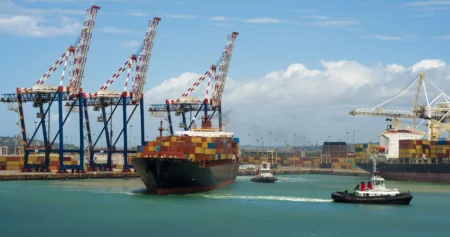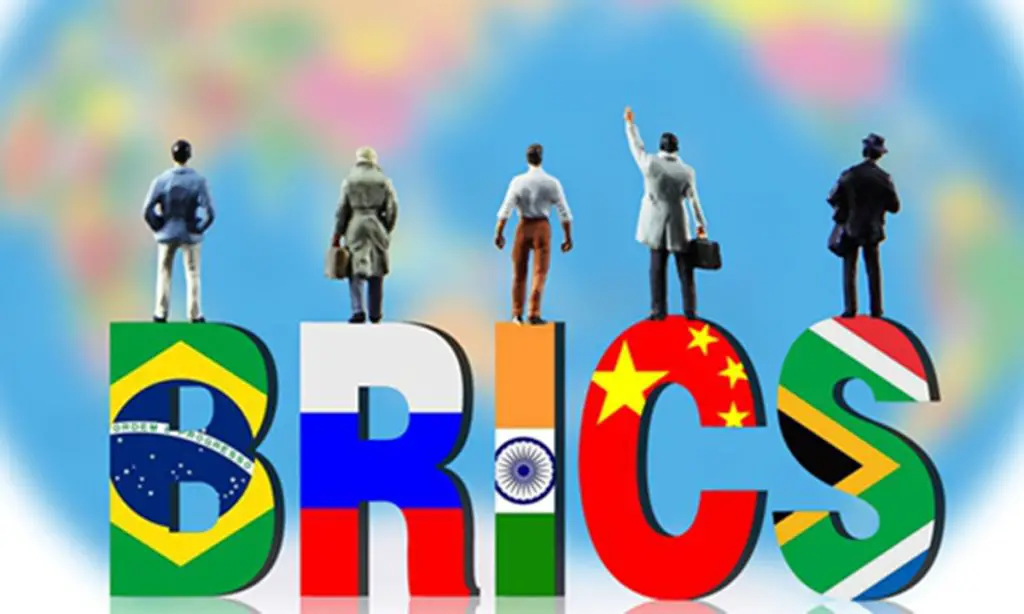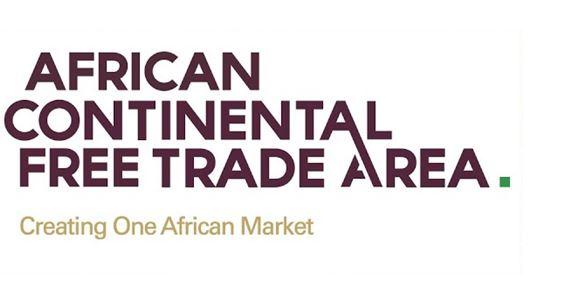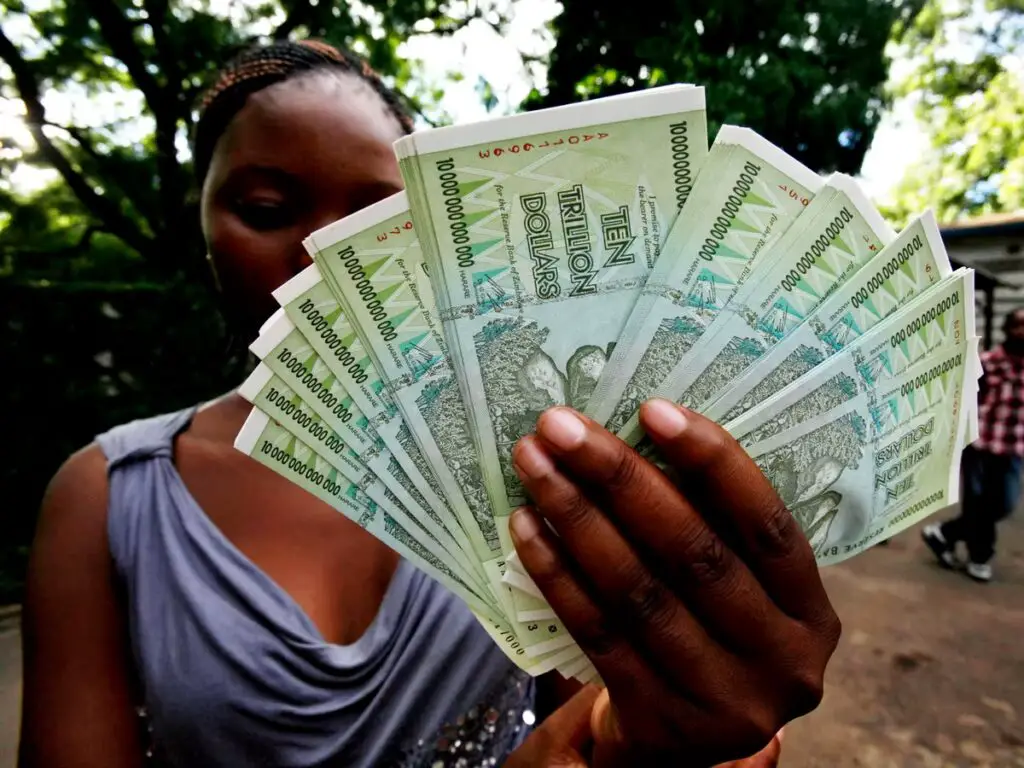- Africa’s new dawn: the rising role of digital and AI in agriculture
- Can Dangote Refinery Transform Africa Energy Ambition
- Gallup Survey: 80 per cent of Kenyan Workers Are Disengaged and Seek New Opportunities
- Madagascar Man Freed from 5KG Tumor After 15-Year Struggle
- How women in Africa are perceived and treated
- Sugar consumption in Kenya to Increase to 1.23 Million Tonnes
- Can Somalia and Turkey Oil deal Bring Change in Somaliland
- Remittances to Kenya dropped to $371.6 million in June, marking a six month low
Browsing: International Trade
- As we mark Africa Day today, our writer, Ken Mutuku, takes a deep dive into the port industry across the continent. He highlights it vast potential and the big challenges holding it back.
- Every year, May 25th, serves as an opportunity to acknowledge the remarkable progress Africa has made, while reflecting on the challenges it continues to face.
- Key ports offer entry into several resource-rich regions and countries such as Kenya, Tanzania, Mozambique and South Africa.
Africa’s port industry continues to play an integral role in the continent’s supply chain cycle, and has been powering import and export trade of developing economies since colonial times. Despite this, it is still an underutilized and underdeveloped resource that requires significant financing and upgrade to power accelerated growth in resource-rich African economies.
Africa, a continent of vibrant colors, diverse landscapes, and rich cultural heritage, is a true testament to the human spirit’s …
The global financial landscape has undergone a remarkable transformation in recent times. Remarkably, the issue of the de-dollarization of international trade is slowly but steadily gathering momentum. A rising trend toward de-dollarization is challenging the longstanding supremacy of the United States in the international financial system. As the dominant global reserve currency, the US dollar remains pivotal in international trade, investment, and financial transactions.…
AfCFTA will be a game changer for Africa, but its success depends on certain enablers being present. The first and most obvious impediment and an obstacle to the initiative will be mustering the political will of the signatories to implement the necessary reforms to enable its success. This may not always be politically feasible or possible.
The less obvious enablers and the financial institutions on the African continent. Their presence and activities have a direct and strong bearing on the success of AfCFTA. One of the foremost bankers on the African continent, Sim Tshabalala, the chief executive of the continent’s largest banking institution by assets, is fond of saying that banking is a derived business. This means that banks butter their bread from the activities of economic agents.
If AfCFTA is to succeed in its quest to merge the various comparative advantages of the countries that constitute Africa it will …
The services Zimbabwe paid for range from software, to professional and technical services like mining exploration, servicing of complex machinery, expatriate medical aid schemes and so on.
If the country was able to develop the capability to provide these services, it would not only save on the expenditure of foreign exchange it would also earn foreign exchange.
There are 16 countries that make up the Southern African Development Community of which Zimbabwe is a part. All these countries use and pay for the same services that Zimbabwe is paying for. If Zimbabwe were to become an exporter of services to all these countries in the SADC region alone and they spent on services roughly what Zimbabwe spends on services.
The country could potentially earn (15 member states multiplied by US$ 636 million) US$ 9.5 billion annually. Adding this figure to the foreign exchange earnings reported in the monetary policy statement …
Does your business have any VAT credits on the KRA legacy system that have not been migrated to the current KRA system, iTax? If so, there may be an opportunity to offset these credits against future VAT liabilities.…
Before the economic shock of COVID-19, world merchandise trade in 2019 was already slowing down due to trade tensions and decelerating economic growth.
According to the World Trade Organization (WTO), “the dollar value of world merchandise exports in 2019 fell by 3% to US$18.89 trillion”. Overall, world trade is expected to continue falling and will range between 13% and 32% in 2020, as the health crisis continues to disrupt world economies.
In addition to the economic disruption, so far, Coronavirus has left more than 200,000 people dead across the world, more than the fatalities recorded in the World War 11, as observed by the UN Secretary–General, Antonio Gueterres. The effects of the ‘Great Lockdown’ as perceived by the International Monetary Fund (IMF), is far beyond the effects of the 1930s Great Depression. With exception of businesses dealing in pharmaceuticals, life-saving amenities …









